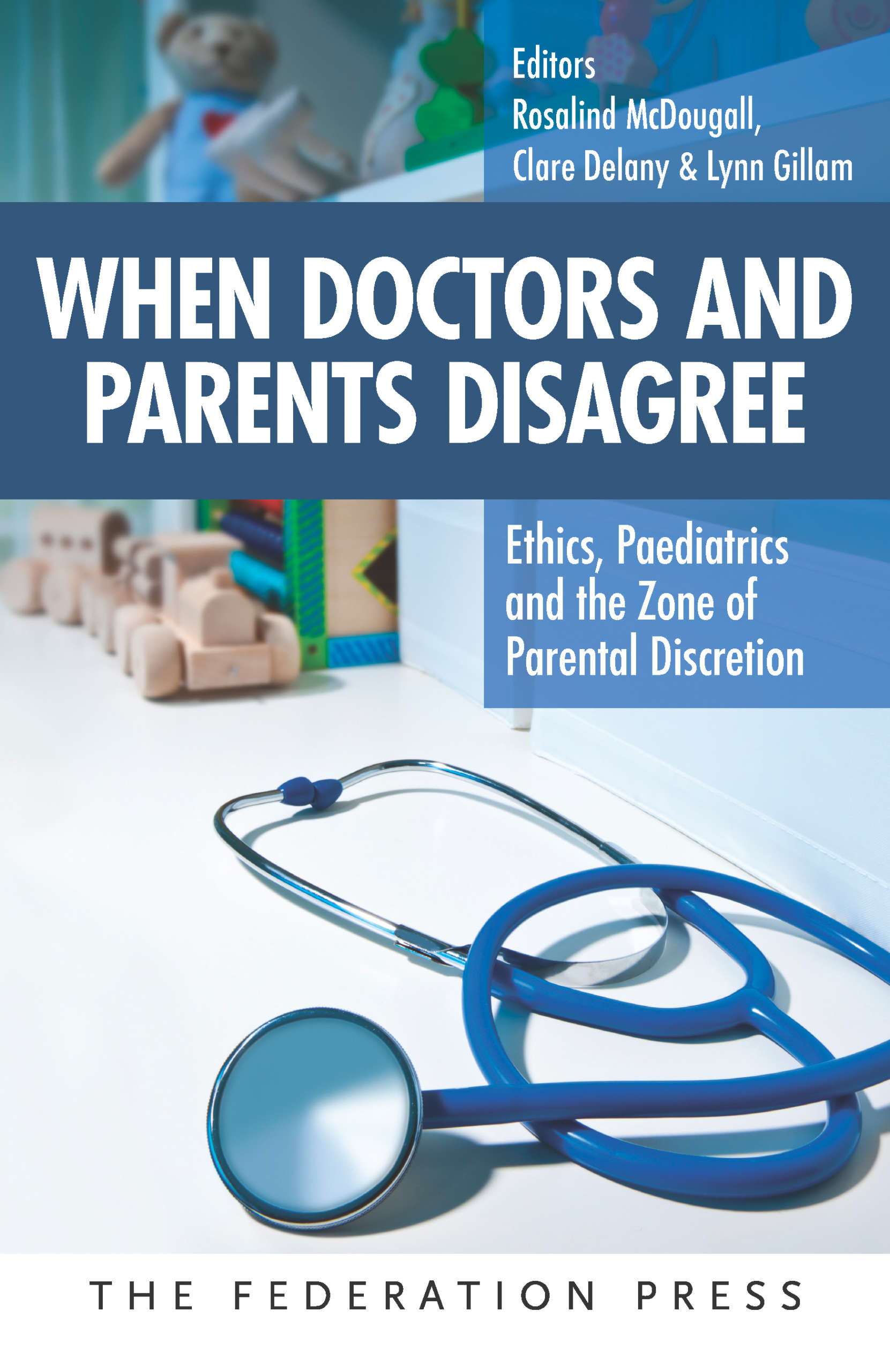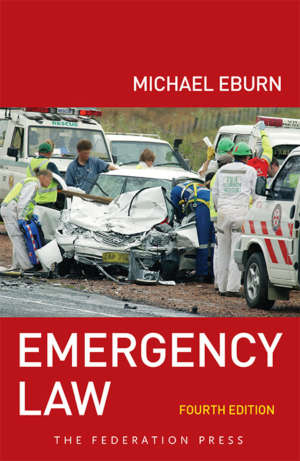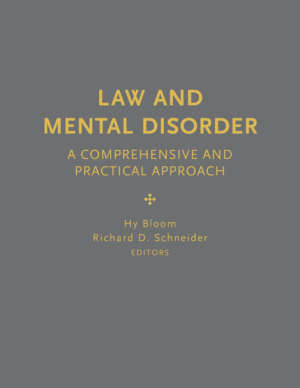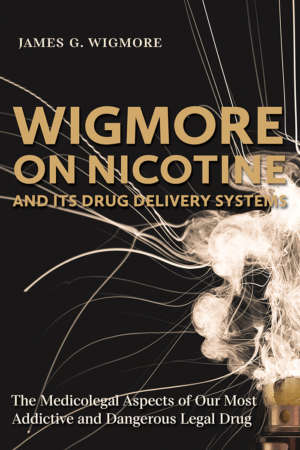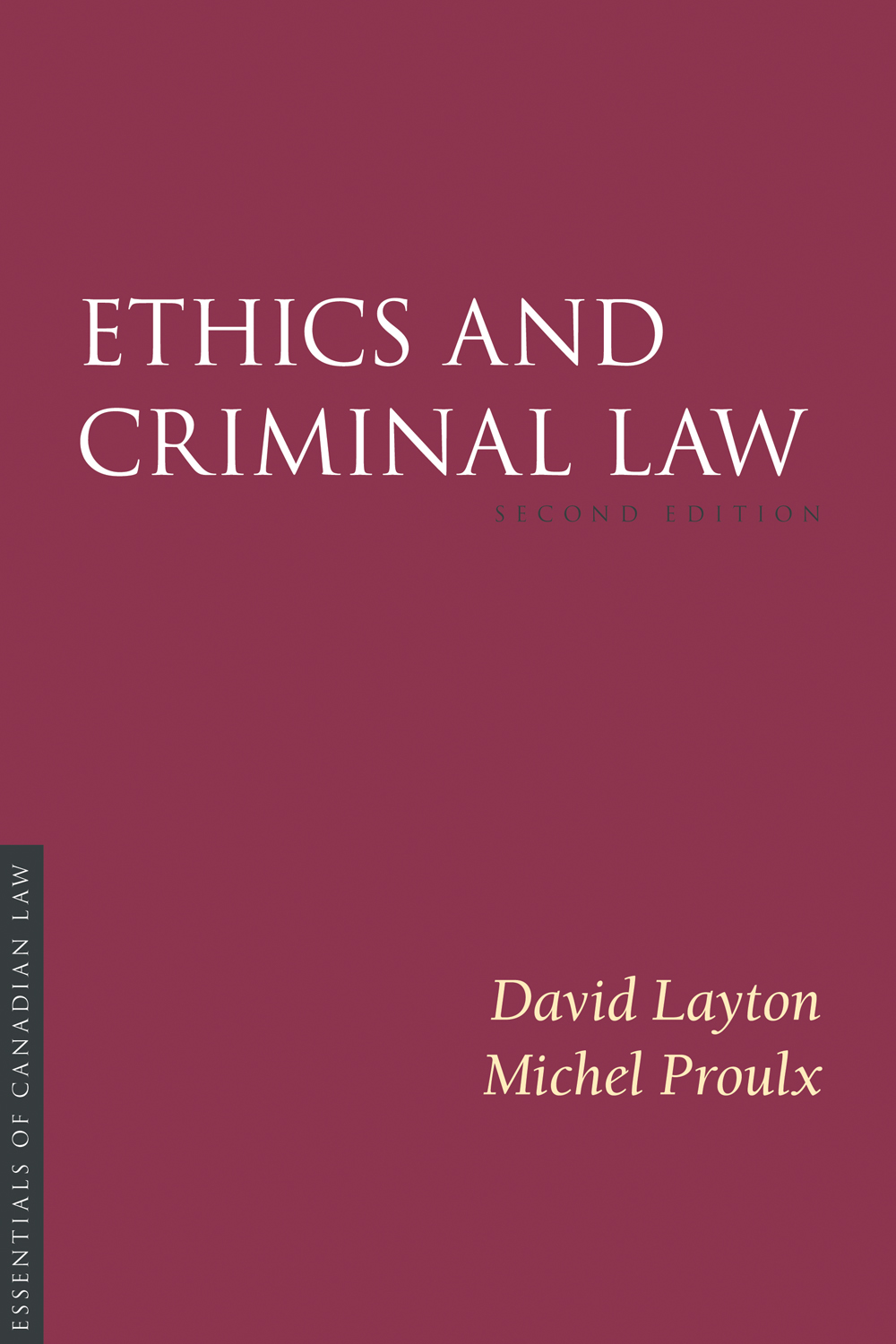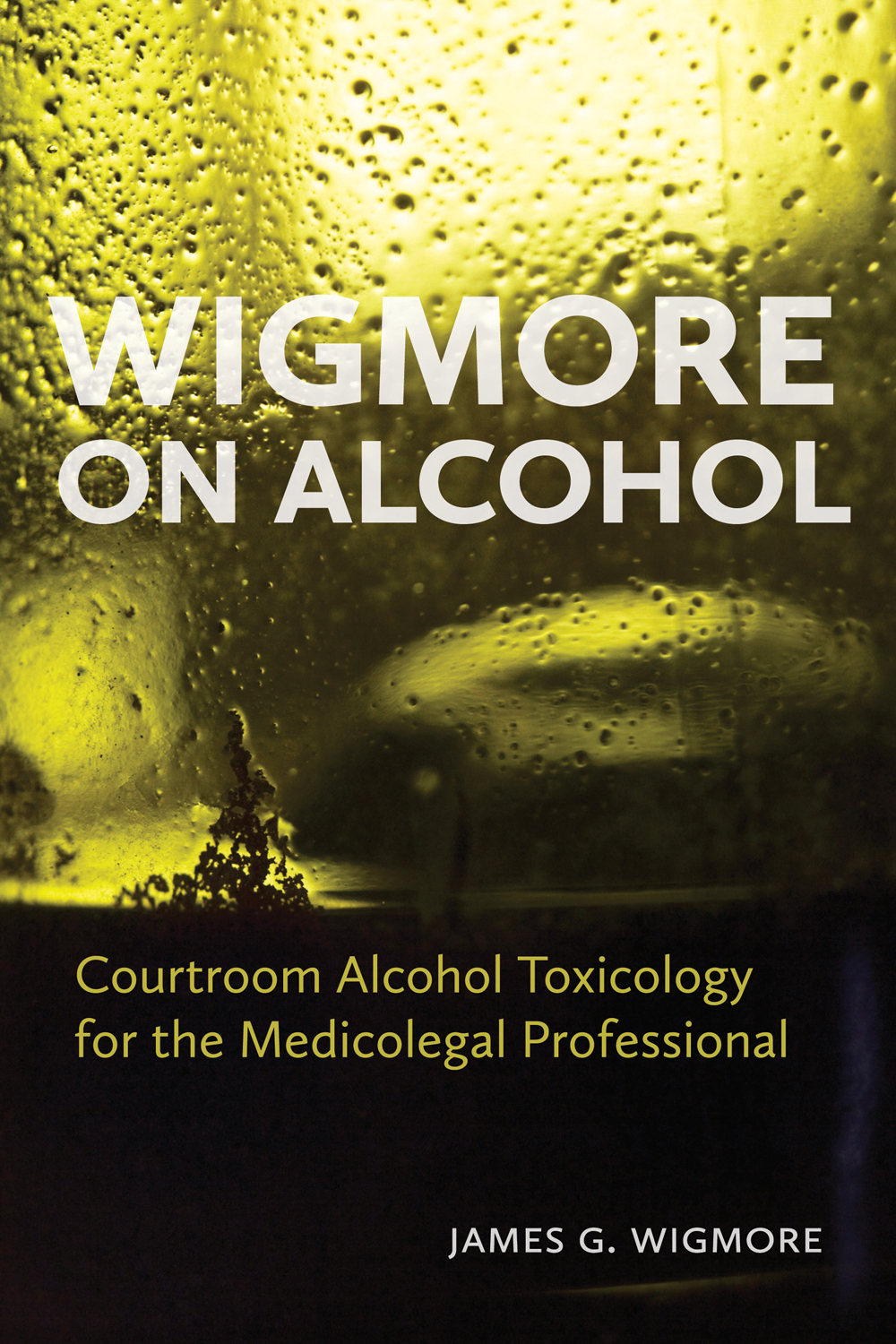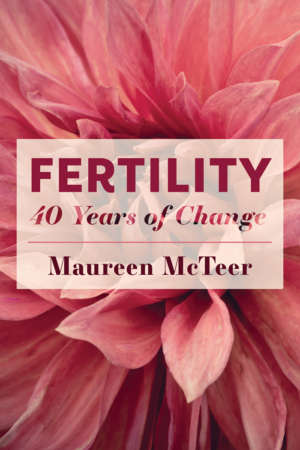Product Description
In paediatrics, clinicians and parents sometimes disagree about the appropriate medical treatment for a child. Parents can prefer an option that differs from the clinician’s recommendation. When should the parents’ decision about their child’s medical treatment be overridden?
This book explores ethical decision-making when clinicians and parents disagree about medical treatment for a child. It develops and explores a concept called the zone of parental discretion: an ethical tool that aims to balance children’s wellbeing and parents’ rights to make medical decisions for their children. Written by experienced clinical ethicists and paediatric clinicians, this book offers ethical analysis and practical guidance based on real-life clinical cases. It aims to assist doctors, nurses, allied health professionals and clinical ethics staff to deal with these ethically challenging situations.
The book is divided into five parts: 1. An ethical tool: the zone of parental discretion 2. Roles of doctors and parents in decision-making 3. Clinicians encountering parental refusals 4. Clinicians encountering parental requests for treatment 5. Clinicians encountering parental requests for interventions on healthy children
For more information visit: www.whendoctorsandparentsdisagree.com
In the media…
Dr Ros McDougall on ABC Radio National, Life Matters with Cassie McCullaghon_9 September 2016 Listen to interview…
When doctors and parents disagree: clinical ‘best’ not always best for family, The Melbourne Newsroom, 9 September 2016 Read article…
When parents disagree with doctors on a child’s treatment, who should have the final say?, The Conversation, 7 September 2016 Read article…
Acknowledgments
Notes on Contributors
Introduction
Rosalind McDougall, Clare Delany and Lynn Gillam
Part I – An ethical tool: the zone of parental discretion
1. The zone of parental discretion
Rosalind McDougall, Lynn Gillam and Hugo Gold
2. Within the ZPD: focusing on harm and children’s interests
Rosalind McDougall, Lynn Gillam, Nikki Kerruish and Jeanne Snelling
Part II – Roles of doctors and parents in decision-making
3. So, do we really need doctors anyway? Information, expertise and the changing dynamic between doctors and families
Giuliana Antolovich
4. Who should decide for critically ill neonates and how? The grey zone in neonatal treatment decisions
Dominic Wilkinson
5. Parental rights: who has them and what are their limits?
Giuliana Fuscaldo
Part III – Clinicians encountering parental refusals
6. The rehabilitation context: the ZPD and ongoing care questions
Clare Delany and Barbara E Gibson
7. When a parental refusal of treatment is only distantly or unpredictably life-threatening to the child
Henry Kilham, David Isaacs and Ian Kerridge
8. Parental discretion and medical tests for children
Rosalind McDougall and Hugo Gold
Part IV – Clinicians encountering parental requests for treatment
9. Parents seeking treatment that health professionals consider burdensome
John Massie
10. Children with profound cognitive impairment: growth attenuation and the ZPD
Nikki Kerruish and Jeanne Snelling
Part V – Clinicians encountering parental requests for interventions on healthy children
11. The ethics of performing elective appearance-altering procedures to alleviate or prevent psychosocial harms to the child: the case of paediatric otoplasty
Lauren Notini
12. Genetic carrier testing in children
Danya Vears
13. Parent-led request for female genital cosmetic surgery in an adolescent
Merle Spriggs
Conclusion: the ZPD as an ethics education tool
Clare Delany
Index

